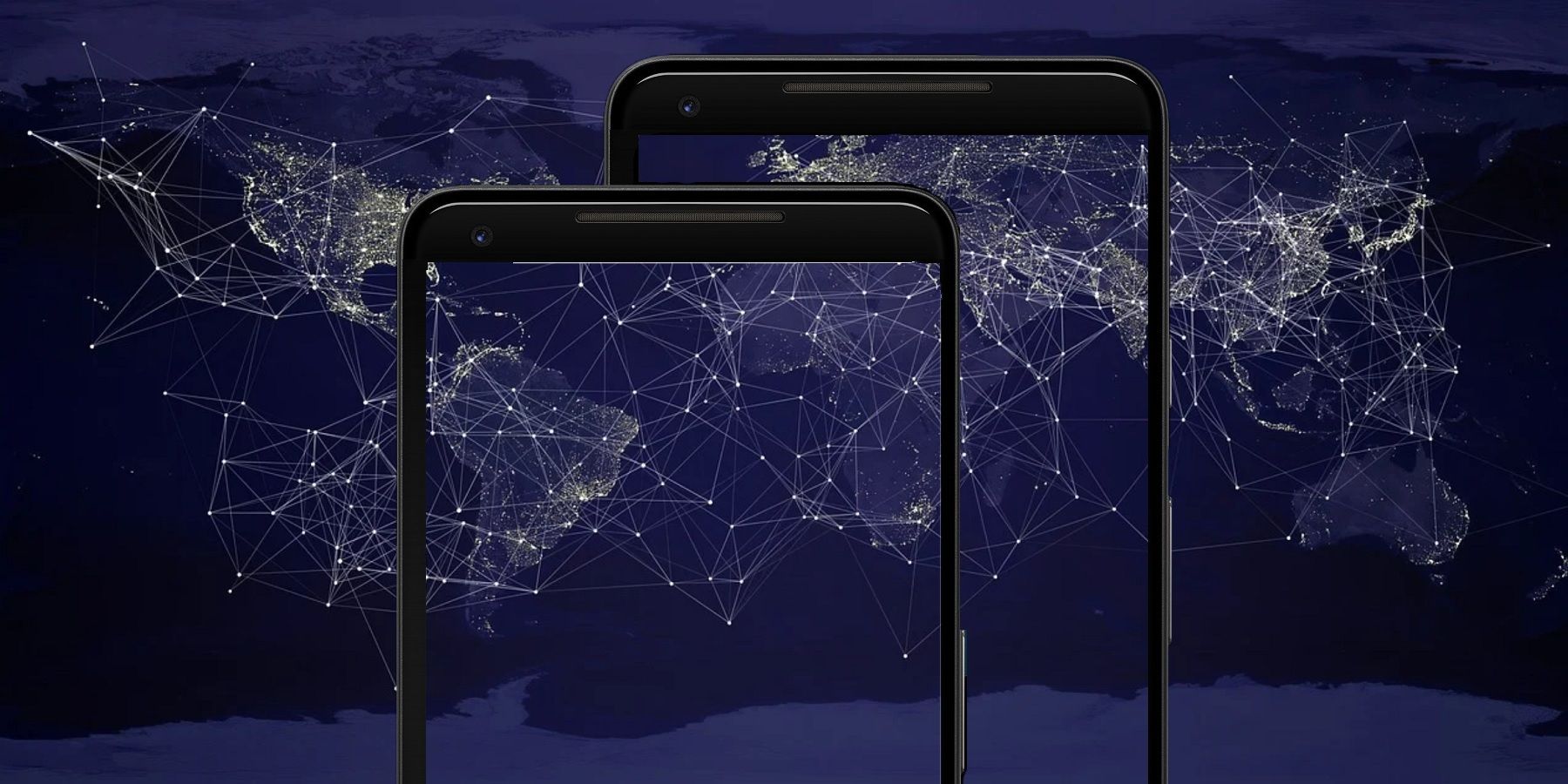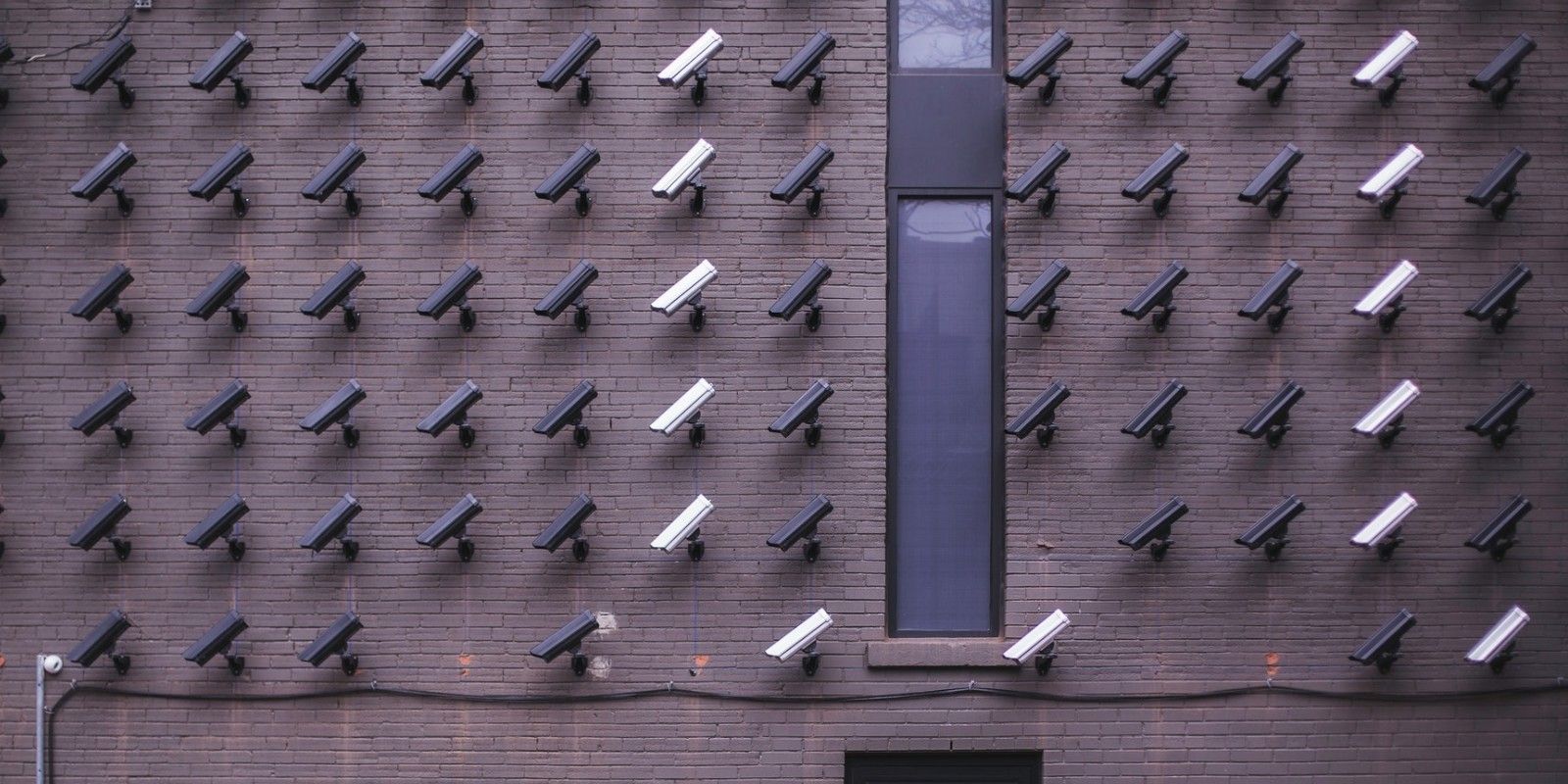
The movements of hundreds of millions of smartphones across the world are reportedly being tracked through software used by federal contractors with U.S. defense ties. The news comes as the debate regarding how the government tracks mobile devices, while simultaneously balancing privacy concerns, is front and center.
In 2020, many governments have turned to mobile tracking in order to help contain the COVID-19 outbreak. While privacy concerns have routinely been raised due to the increase in activity lately, a UK court previously ruled that the government’s ability to track phones in the country is not a breach of privacy laws, as long as it is being used to stymie the coronavirus crisis. Similar to other governments, the U.S. has relied on tracking mobile location data to trace potential coronavirus outbreaks in the country. In the past, apps developed from private companies have been required to address user privacy issues, particularly if data is being sold for advertising and marketing intentions.
The Wall Street Journal reported on Friday that U.S. contractor Anomaly Six LLC, pays mobile developers to add its tracking code, also known as a proprietary software kit, resulting in the code being deployed in more than 500 mobile apps. While the report did not disclose the names of the applications that had the tracking code included, it does say that the trackers collected anonymized data from the mobile devices, such as location data. From there, data can be sold to third-party entities, including governments.

Anomaly Six, which denies selling the data to the U.S. government, says that the data has been obtained lawfully. However, the company reportedly has deep ties to U.S. intelligence agencies and maintains unclassified contracts with the federal government. Jeffrey Heinz and Brandan Huff, two Army veterans, founded the company.
Since there are over 500 apps with the tracking code, it is possible that most mobile users have been impacted by this news. On the surface, the easiest way for users to avoid having their data collected is to opt-out. However, there is no mention of Anomaly Six on any service agreement, which makes it more difficult to opt-out of these applications. Since Anomaly Six says it isn’t selling data to commercial entities, then everything that the company did appears to be legal. Without new laws to prevent this from happening, this legal loophole could continue to be exposed.
On the other hand, as controversial as it sounds, advocates who support mobile tracking say that it helps law enforcement fight crime and protect citizens. In the age of coronavirus, where mobile devices are seen as a tool to limit the spread, issues relating to smartphone tracking and privacy won’t be going away anytime soon.
Source: WSJ
https://ift.tt/31SS9dN
August 11, 2020 at 05:08AM




